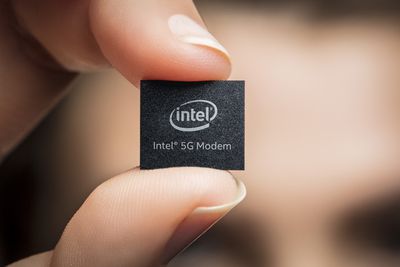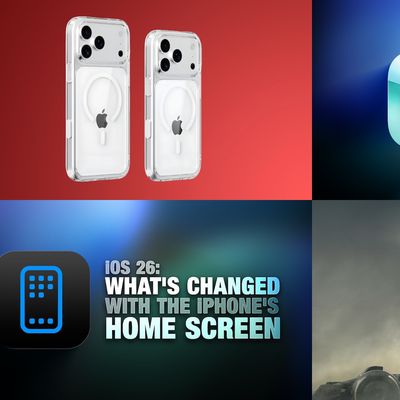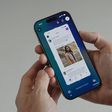Apple Reiterates Commitment to FRAND Licensing of Standards-Essential Patents Following Intel Deal
In light of its acquisition of the majority of Intel's smartphone modem business earlier this year, including many cellular patents, Apple has shared a letter on its website to reiterate its stance on fair, reasonable, and non-discriminatory or FRAND licensing terms for standards-essential patents.

Apple says it values intellectual property and recognizes the important role of developing industry standards, noting that its engineers participate in over 100 standard-setting organizations. Apple touts its own contributions to a wide range of standards, including, for example, cellular, Wi-Fi, and USB-C.
Apple adds that it has "long sought to bring a balanced perspective to the promises and perils of standardization" and is committed to licensing its own cellular standards-essential patents on FRAND terms.
Apple believes owners of standards-essential patents should make licenses available on FRAND terms to any and all interested parties that request a license, adding that standards-essential patent licensees should not be forced to take bundled or portfolio licenses as part of an agreement.
There should also be an objective, reasonable royalty rate that applies equally to all standards-essential licensees, according to Apple.
Following its agreement with Intel, Apple said it would hold over 17,000 wireless technology patents, ranging from protocols for cellular standards to modem architecture and modem operation. Apple is widely expected to release its first 5G-enabled iPhones with Qualcomm modems in 2020.
Popular Stories
A new Apple TV is expected to be released later this year, and a handful of new features and changes have been rumored for the device.
Below, we recap what to expect from the next Apple TV, according to rumors.
Rumors
Faster Wi-Fi Support
The next Apple TV will be equipped with Apple's own combined Wi-Fi and Bluetooth chip, according to Bloomberg's Mark Gurman. He said the chip supports ...
Apple will launch its new iPhone 17 series in two months, and the iPhone 17 Pro models are expected to get a new design for the rear casing and the camera area. But more significant changes to the lineup are not expected until next year, when the iPhone 18 models arrive.
If you're thinking of trading in your iPhone for this year's latest, consider the following features rumored to be coming...
Apple's next-generation iPhone 17 Pro and iPhone 17 Pro Max are only two months away, and there are plenty of rumors about the devices.
Below, we recap key changes rumored for the iPhone 17 Pro models.
Latest Rumors
These rumors surfaced in June and July:A redesigned Dynamic Island: It has been rumored that all iPhone 17 models will have a redesigned Dynamic Island interface — it might ...
The long wait for an Apple Watch Ultra 3 is nearly over, and a handful of new features and changes have been rumored for the device.
Below, we recap what to expect from the Apple Watch Ultra 3:Satellite connectivity for sending and receiving text messages when Wi-Fi and cellular coverage is unavailable
5G support, up from LTE on the Apple Watch Ultra 2
Likely a wide-angle OLED display that ...
iPhone 17 Pro and iPhone 17 Pro Max models with displays made by BOE will be sold exclusively in China, according to a new report.
Last week, it emerged that Chinese display manufacturer BOE was aggressively ramping up its OLED production capacity for future iPhone models as part of a plan to recapture a major role in Apple's supply chain.
Now, tech news aggregator Jukan Choi reports...
The iOS 26 public beta release is quickly approaching, while developers have recently gotten their hands on a third round of betas that has seen Apple continue to tweak features, design, and functionality.
We're also continuing to hear rumors about the iPhone 17 lineup that is now just about right around the corner, while Apple's latest big-budget film appears to be taking off, so read on...




















